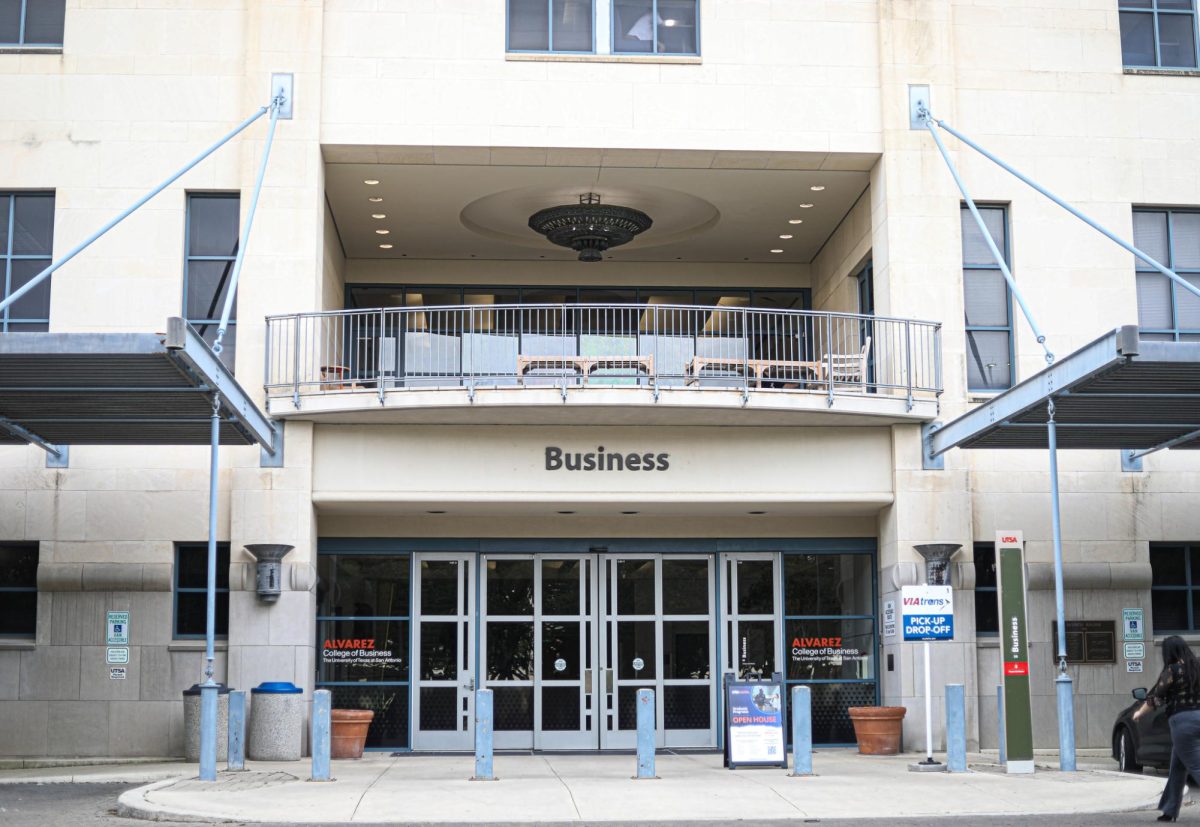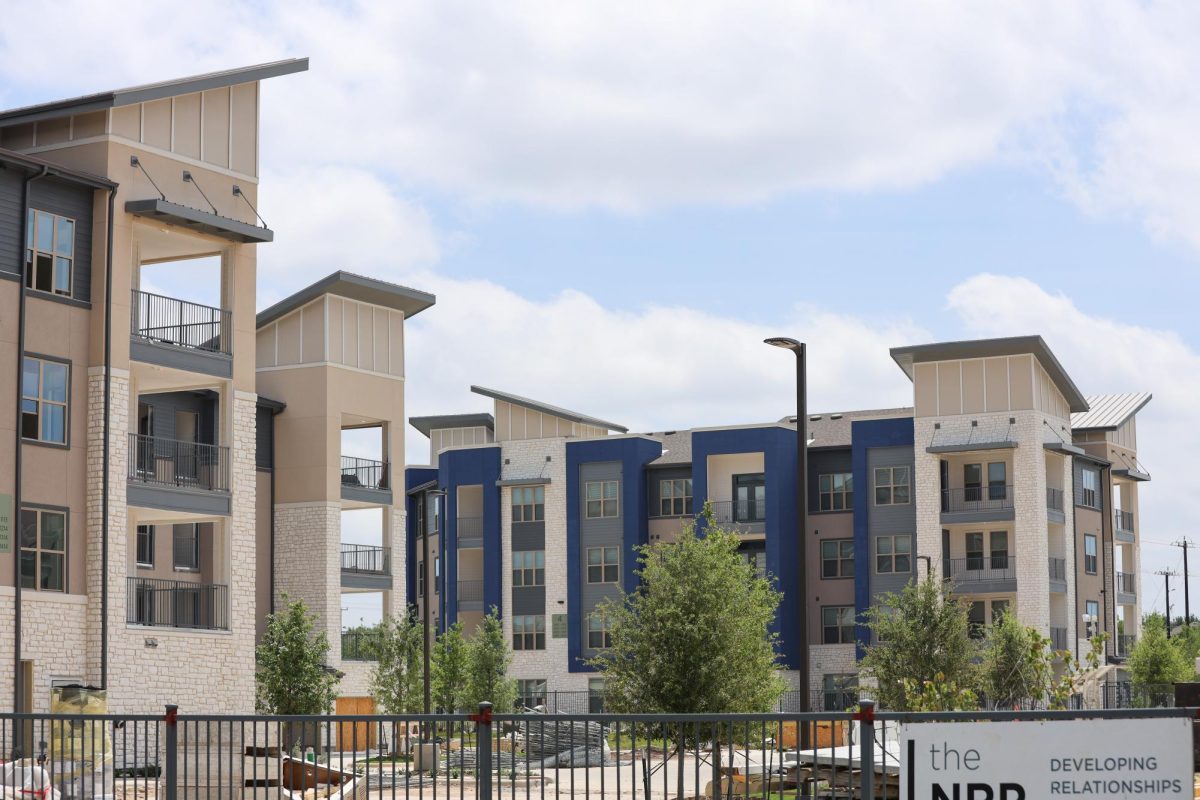
Protestors scaled the walls of the United States Embassy in Cairo, Egypt, on Sept. 11, 2012, the same day that the American ambassador to Libya and three others were killed in a terrorist attack in Benghazi. The facility in Cairo had been mostly evacuated and, no one was hurt. However, according to the New York Times, protesters breached the compound and replaced the American flag with an Islamist banner as Egyptian riot police watched nearby.
The only response from the Egyptian government, which had been in power for little more than two months at the time, was through Twitter. “Egyptians rise up to support Muhammad in front of the American Embassy. Sept. 11,” tweeted the Arabic feed of the Muslim Brotherhood, the ruling party in Egypt. It was not until Sept 14 that Egyptian President Mohamed Morsi appeared on state television. “Expressing opinion, freedom to protest and announcing positions is guaranteed but without assaulting private or public property, diplomatic missions or embassies,” Morsi said, according to Reuters. Matt Bradley and Matthew Dalton of the Wall Street Journal claim this was designed to be “diplomatic damage control after racking up political points with an outraged public.”
These events are an example of the complications that the new Egyptian government has been dealing with since the regime of Hosni Mubarak was toppled during the 2011 Egyptian Revolution. It also shows the strains in the relationship with the United States, which is “already troubled by the direction of President Mohamed Morsi’s new Islamist government” and underscores the fact that “Mr. Morsi was putting appeasement of his country’s Islamist population ahead of national security,” according to Helene Cooper and Mark Landler at the New York Times.
Egypt has historically been the second-largest recipient of American foreign aid and closest partner in North Africa, as well as a dependable friend of Israel and source of stability in the region. As a result of the recent regime change this is now in jeopardy, threatening to add chaos to an already chaotic region.
The last president of Egypt, Hosni Mubarak, took office after his predecessor, Anwar El Sadat, was assassinated in 1981. Sadat was responsible for bringing Egypt into the American sphere of influence and for signing the Camp David Accords, which normalized relations with Israel. As Sadat’s vice president, Mubarak continued Sadat’s policies, combining liberal economic policies with an authoritarian military regime that did not allow dissent or opposition parties.
However, the heavy handedness of the regime combined with economic mismanagement and dire poverty, left Mubarak’s Egypt in dire straits. University of Texas at San Antonio’s Chair of Political Science and Geography Dr. Mansour El-Kikhia pointed out, “the Mubarak regime had policies in the right direction, but the kleptocracy and the mismanagement took its toll…they took away more then they put into the system.”
After watching protests in neighboring Tunisia topple the regime of dictator Zine el-Abidine Ben Ali, Egyptian youth took to the streets on Jan. 25, 2011. Congregating in Tahrir Square in Cairo, they protested against “police brutality, state emergency laws, lack of free speech and elections, high unemployment, rising food prices, inflation and low minimum wages,” according to the Central Intelligence Agency’s World Factbook. On Feb. 11, 2012, Mubarak stepped down and handed power over to this military, which promised fair and free elections.
These elections were held a year and a half later, and resulted in Mohamed Morsi being inaugurated into office on June 30, 2012. This ended six decades of secular military dictatorships and broughtj to the fore a group that spent “84 years as a secret society struggling in the prisons and shadows of monarchs and dictators,” according to David Kirkpatrick at the New York Times.
The tepid response from Morsi regarding the attack at the American embassy can be seen as a natural reaction to having been an underground group thrust into national and international politics. “We are taking the heat from both sides,” Brotherhood spokesman Gehad el-Haddad wrote in a letter to the New York Times three days after the incident. While Egypt must look to the West for economic opportunities, Dr. El Kikhia noted, “the Muslim Brotherhood are being pushed by a group even further to the right of them, the Salafis, which make up 20 percent of the vote.”
The Salafis are Islamists who believe in the strict implementation of Sharia law, and their Islamic Bloc coalition holds a substantial number of seats in the Egyptian parliament, second only to Morsi’s Muslim Brotherhood.
In the end, the biggest challenge to Morsi’s regime may arise from Egypt’s economic woes. “Egypt had the change at the top of the regime, but the problems are still there – the unemployment is still there, the poverty is still there, the corruption is still there, the overpopulation is still there, the lack of resources are still there…all of these miserable issues are still there,” Dr. El Kikhia said. “In a way, I feel sorry for the Muslim Brotherhood. They can’t solve these problems.”











